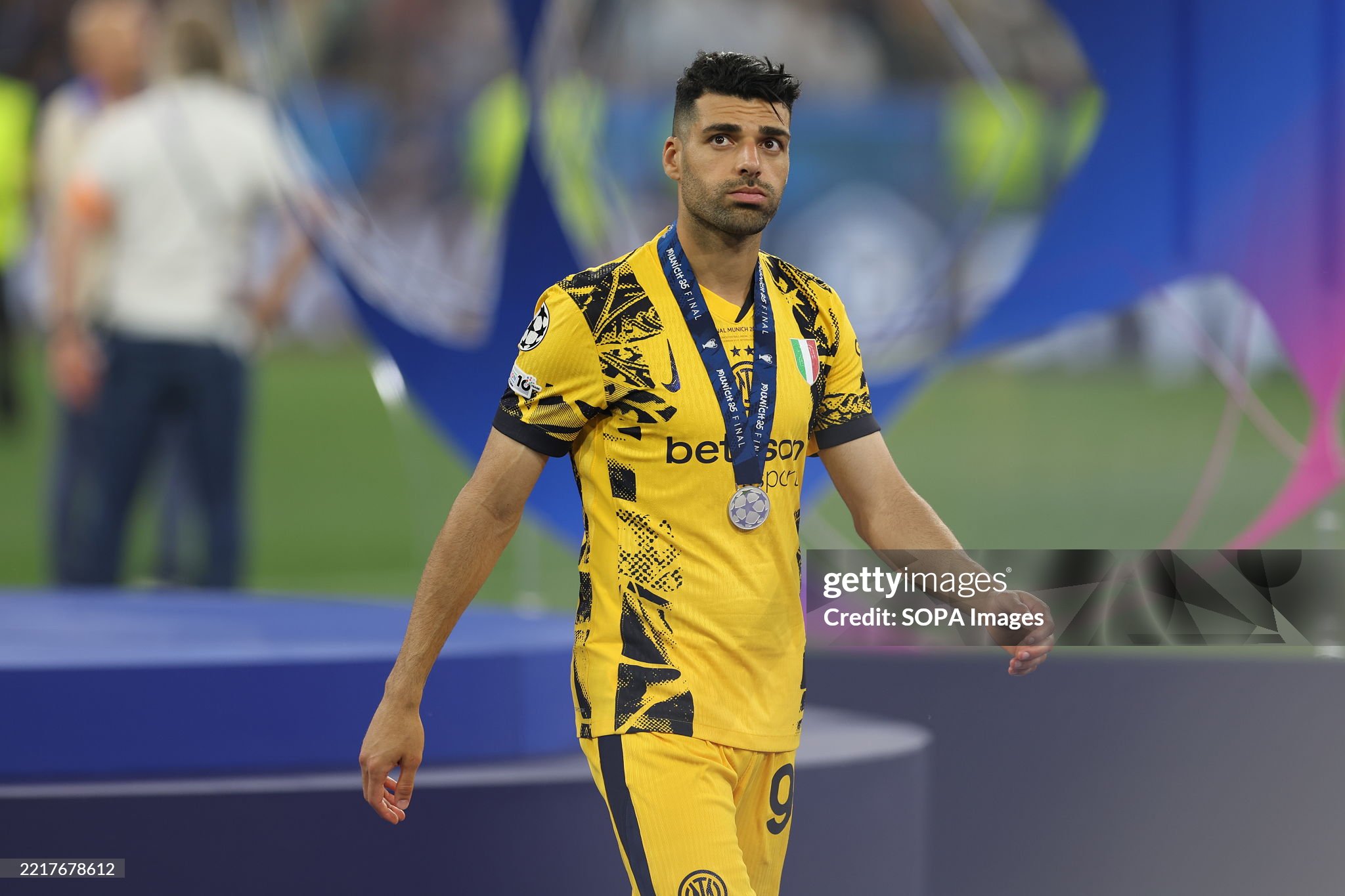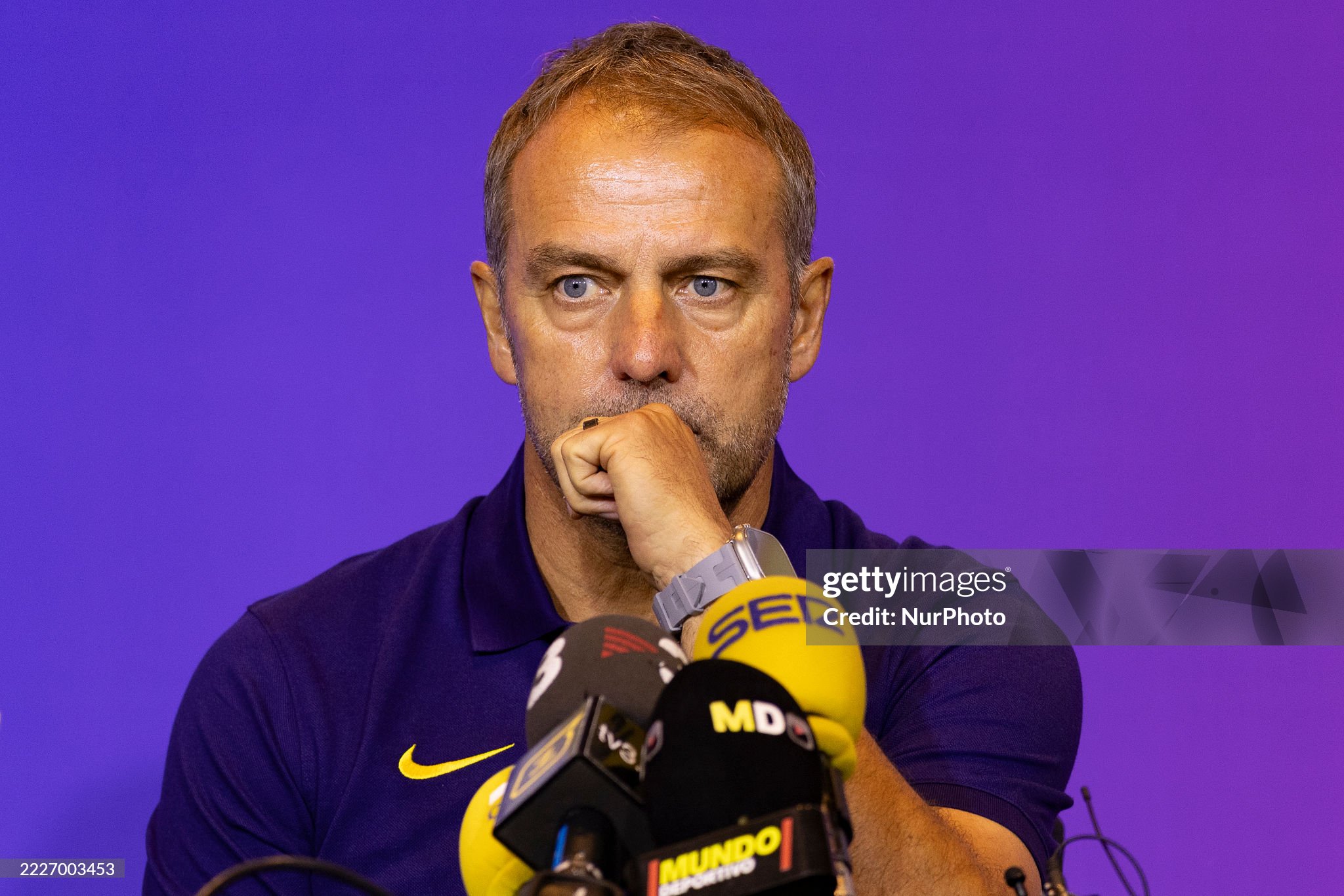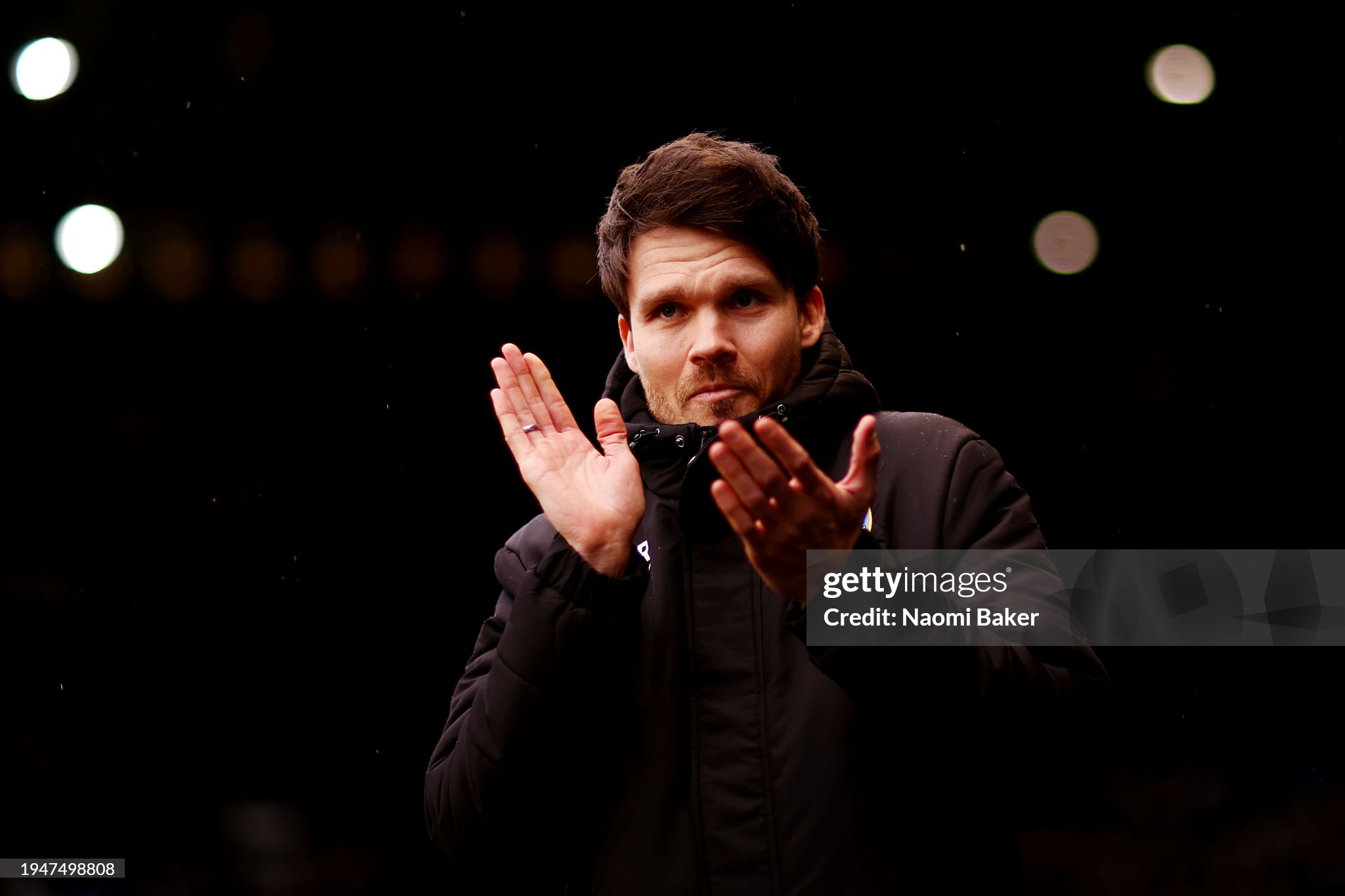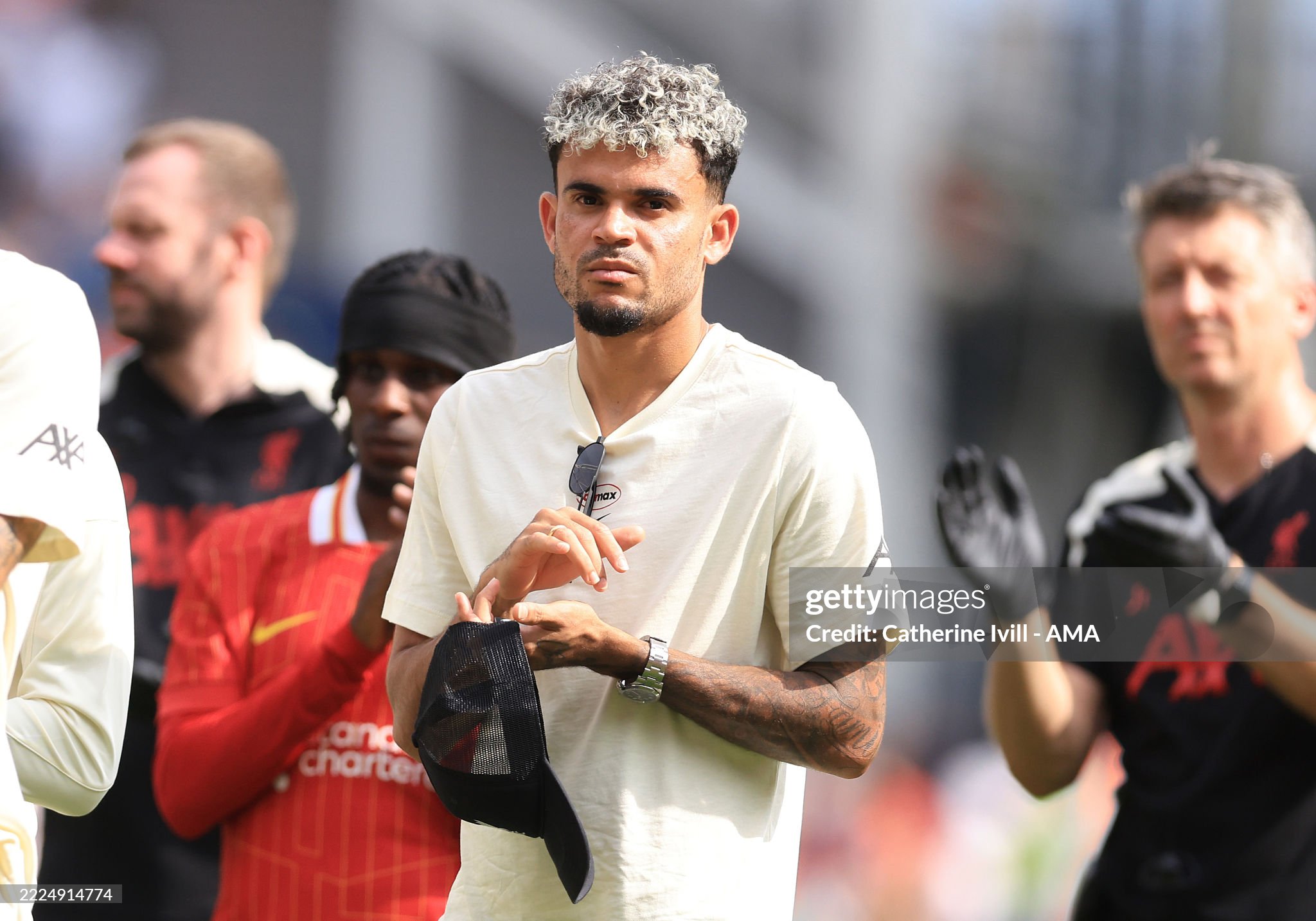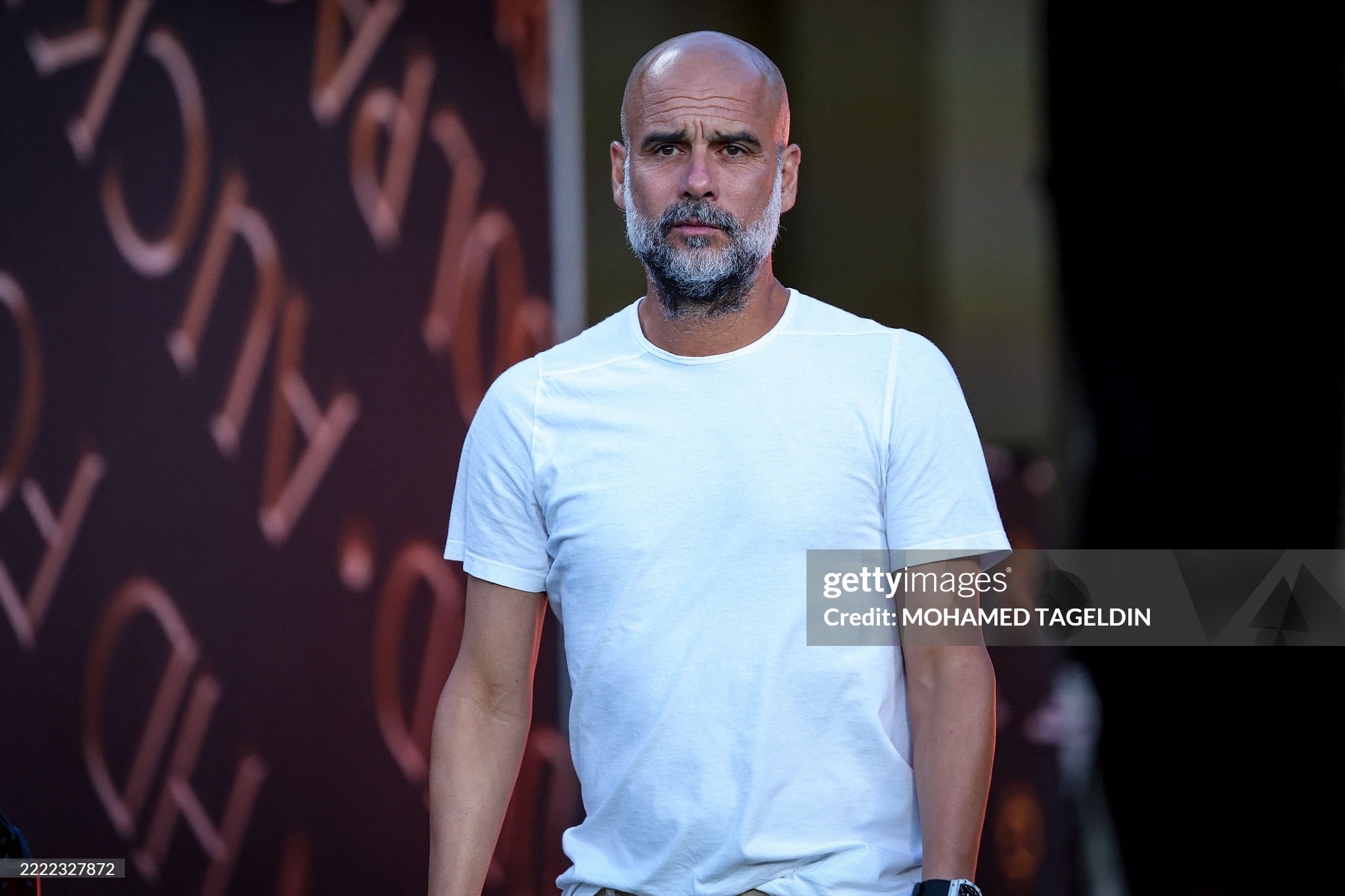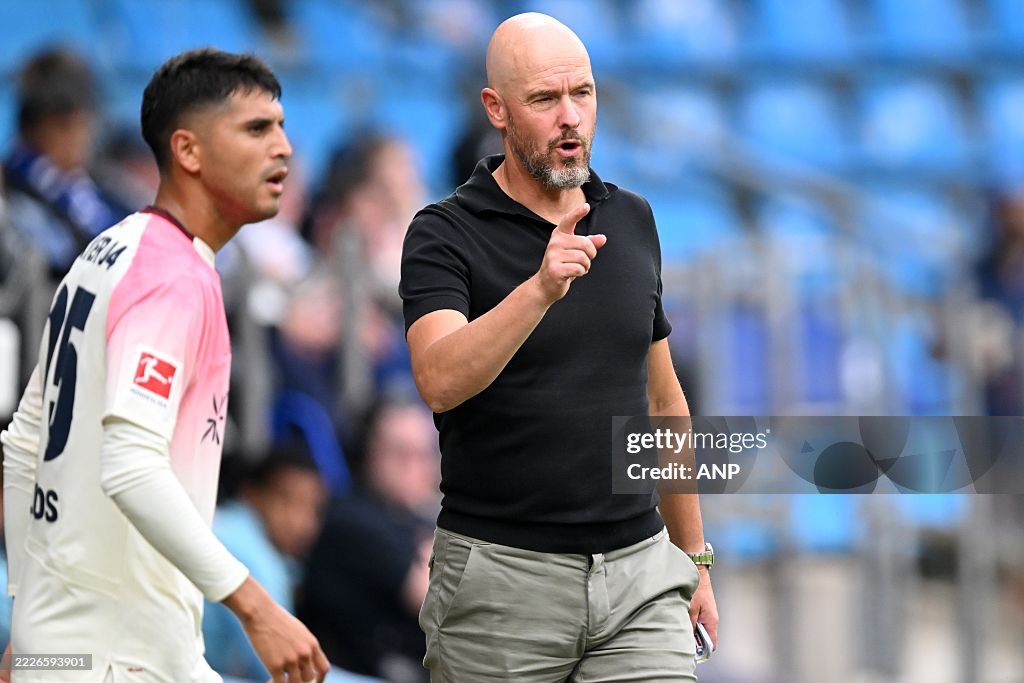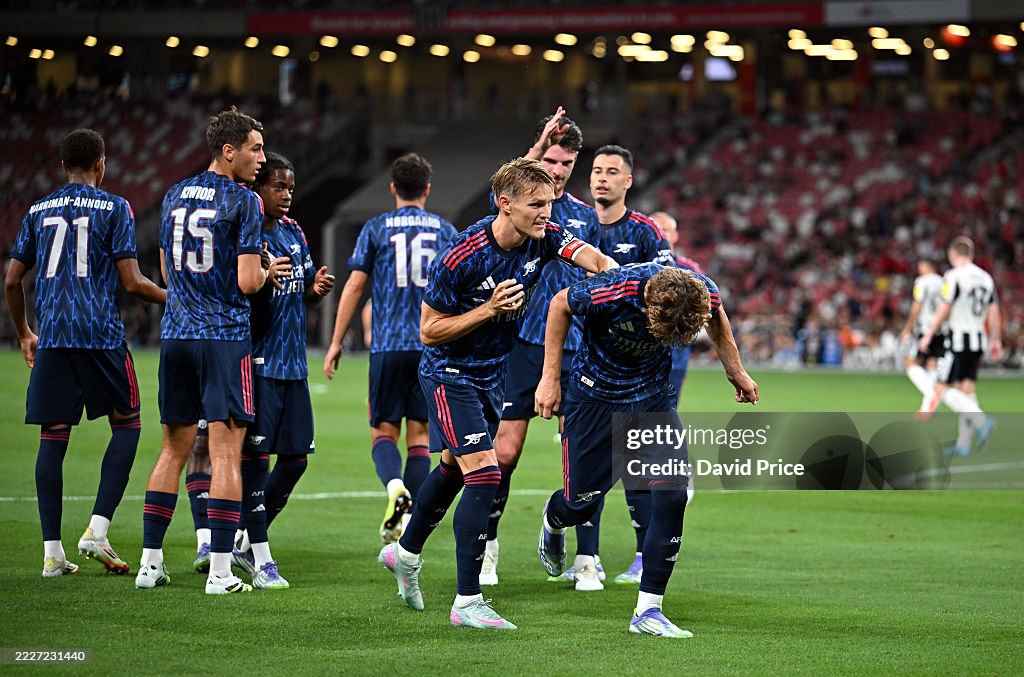Internazionale forward Mehdi Taremi may have to miss the Club World Cup. The striker is currently in Tehran, in his home country of Iran, which has been at war with Israel for several days.
Internazionale forward Mehdi Taremi may be forced to miss the upcoming FIFA Club World Cup due to the rapidly escalating conflict between Iran and Israel.
The experienced striker, who recently joined the Italian champions ahead of the new season, is currently stranded in Tehran, unable to leave the country as a result of severe geopolitical instability following a significant Israeli military strike on Iranian targets.
The situation in Iran has deteriorated dramatically in recent days, with the government imposing strict emergency measures in response to the conflict. All major airports across the country have been closed indefinitely, and civilian travel has been heavily restricted due to security concerns. As a result, Taremi, who was scheduled to travel to the United States to join Inter’s preparations for the Club World Cup, has found himself stuck in the middle of a national crisis, with no immediate way to exit the country.
This unexpected development has thrown Inter’s tournament plans into disarray. The club had counted on Taremi to play a key role in their campaign, bringing with him not only his goal-scoring ability but also his international experience. After completing a move from FC Porto earlier this year, Taremi was seen as a valuable addition to the Nerazzurri squad, especially in a competition as high-profile as the FIFA Club World Cup.
With the clock ticking and the tournament fast approaching, Inter’s management and logistics team have been working tirelessly to explore any and all alternatives that might allow Taremi to reach the United States in time. According to several Italian media outlets, one of the most viable options being considered involves the striker traveling by land from Iran to a neighboring country most likely Iraq where he could potentially access an international airport with open flight paths. While the journey would be long and potentially dangerous given the regional instability, it remains one of the few realistic possibilities for Taremi to reunite with his teammates before their opening match.
Sources close to the situation report that Inter is maintaining close and continuous contact with the player, providing support and coordinating with local authorities and international agencies to assess the safest and most efficient route out of Iran. The club has not yet given up hope, but acknowledges that time is running out, and the situation on the ground remains fluid and unpredictable.
Inter is set to begin their Club World Cup journey on Wednesday, June 18, with a highly anticipated clash against Mexican side Monterrey, scheduled to kick off at 03:00 local time. The absence of Taremi for this crucial fixture would be a significant setback for manager Simone Inzaghi, who had been planning to use the Iranian forward as part of a dynamic attacking setup. With several top clubs from across the globe competing for the title, every match is expected to be fiercely contested, and Inter had hoped to have all key players available for the campaign.
The impact of the Iran-Israel conflict on the world of sports is becoming increasingly visible. Beyond Taremi’s situation, the Iranian national volleyball team made a powerful statement during a recent Volleyball Nations League match. As the national anthem played before the game, the visibly emotional Iranian players stood in silence, many with tears in their eyes, as they paid tribute to the victims of the Israeli strikes and acknowledged the turmoil facing their country. The moment resonated across social media and international media platforms, drawing attention to how geopolitical tensions are affecting athletes on and off the field.
Taremi’s case has become symbolic of a broader intersection between global politics and professional sports. His situation highlights how even elite athletes are not immune to the consequences of war, and how international tournaments can be directly disrupted by events far beyond the pitch. For Inter, it is a stark reminder of how external circumstances can influence sporting ambitions. For Taremi, it is a deeply personal crisis caught between the duty to represent his new club on the global stage and the devastating realities unfolding in his homeland.
At this point, all eyes remain on Tehran, Baghdad, and Milan as the story develops. Whether Taremi can make the journey in time remains uncertain. What is clear, however, is that his absence would not only weaken Inter’s squad but also serve as a sobering reminder that, in times of conflict, even football must take a back seat to larger, more urgent concerns.
